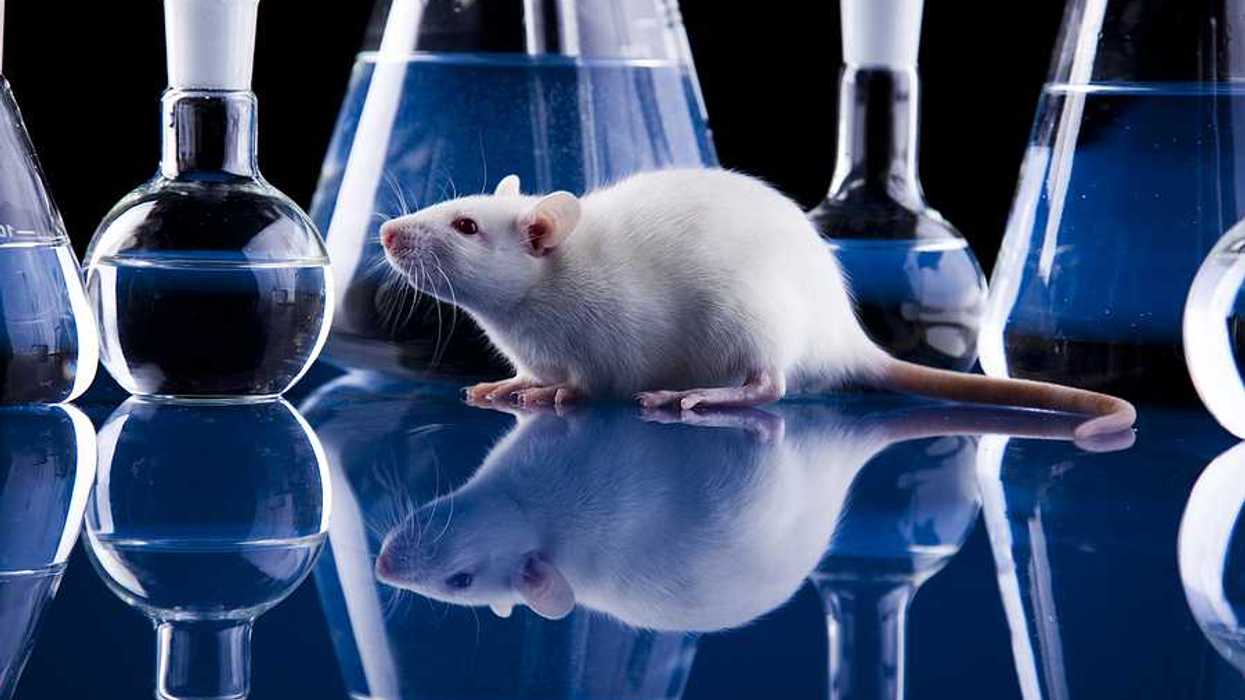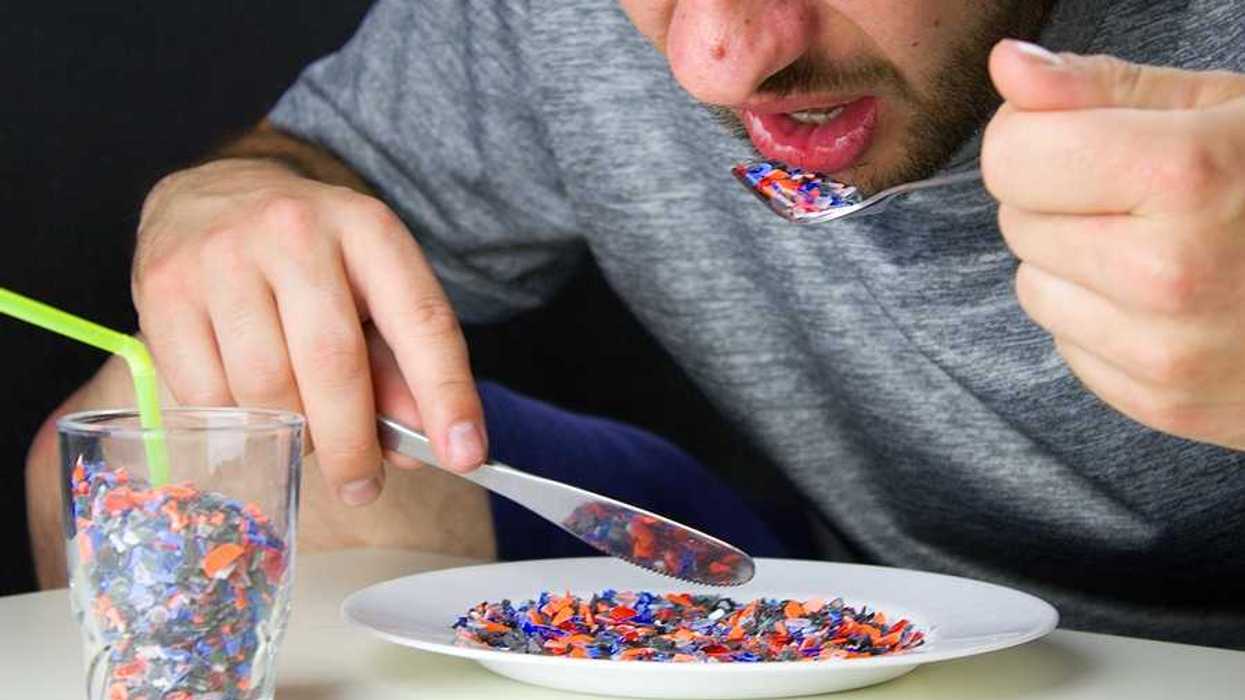The National Center for Complementary and Integrative Health, in partnership with the National Institute of Environmental Health Sciences, hosted a 2-day workshop aimed at raising awareness on how lifestyle choices can mitigate the effects of endocrine-disrupting chemicals (EDCs).
In short:
- The workshop points to nutrition and a healthy diet (including avoiding ultraprocessed foods) as key tools for reducing the harmful effects of EDCs.
- Other interventions include exercising, sleeping better, lowering stress, and other elements of a healthy lifestyle.
- The workshop also featured a number of speakers who shared powerful stories of their personal exposures to EDCs, including farmworkers exposed to pesticides, firefighters exposed via flame retardants, and even civilians exposed to PFAS in drinking water.
Key quote:
"This takes EDC science to a whole new level. NIH now fully recognizes [EDCs] as an important contributor to health challenges and also is looking for ways to ameliorate their impacts."
- Dr. Pete Myers, Environmental Health Sciences Founder and Chief Scientist, on the impact of this workshop
Why this matters:
EDCs are widespread in both our bodies and the environment and have well-established harmful effects on the reproductive, respiratory, cardiovascular, and neurological systems. While the interventions described in this workshop can be a useful way to reduce personal risk after exposure has already occurred, speakers agreed that it’s critical to push for regulations that limit the production of EDCs and prevent exposures from happening in the first place.
Related EHN coverage:
- Electronic medical records can help bridge the gap between environmental hazards and healthcare
- Policy is an effective tool in reducing chemical exposure, study confirms
More resources:
Watch the workshop recordings: Complementary and Integrative Interventions To Prevent and Mitigate the Effects of Endocrine-Disrupting Chemicals.
Summary of the workshop: How can you reduce health effects of endocrine-disrupting chemicals?
NIEHS factsheet: Endocrine Disruptors and Your Health
















